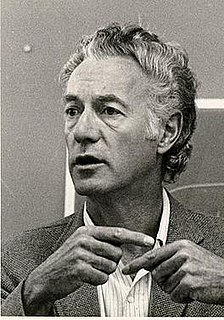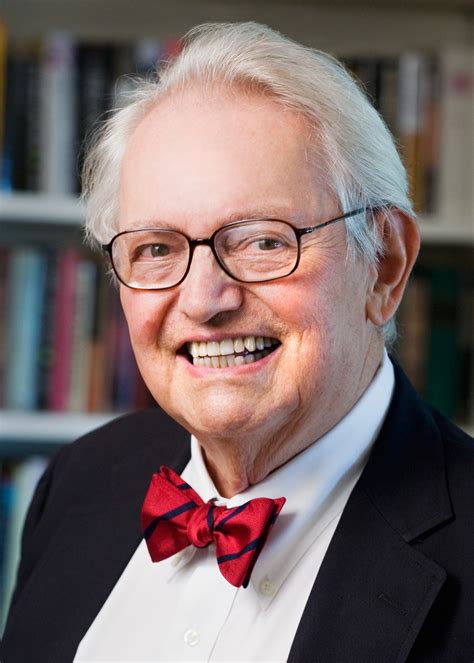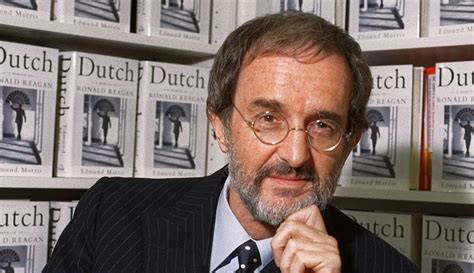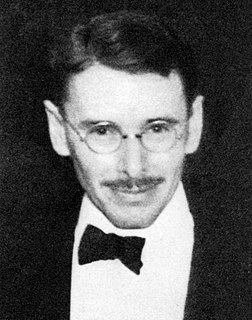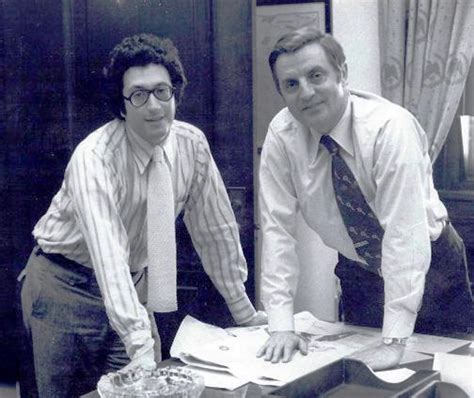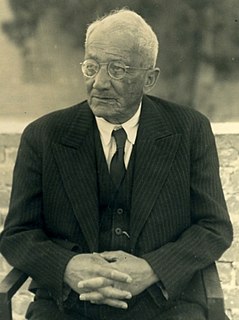Top 1200 Labor And Capital Quotes & Sayings - Page 2
Explore popular Labor And Capital quotes.
Last updated on April 14, 2025.
Obviously, consideration of costs is key, including opportunity costs. Of course capital isn't free. It's easy to figure out your cost of borrowing, but theorists went bonkers on the cost of equity capital. They say that if you're generating a 100% return on capital, then you shouldn't invest in something that generates an 80% return on capital. It's crazy.
All that serves labor serves the Nation. All ^ that harms labor is treason to America. No line can be drawn between these two. If any man tells you he loves America, yet hates labor, he is a liar. If any man tells you he trusts America, yet fears labor, he is a fool. There is no America without labor, and to fleece the one is to rob the other.
If, for example, each of us had the same share of capital in the national total capital, then if the share of capital goes up it's not a problem, because you get as much as I do. The problem is that capital in capitalist countries is very heavily concentrated, especially financial capital. So then if the share of income from that source goes up, that actually exacerbates inequality.
What about precarious labor? It's actually not the most efficient form of labor at all. They were much more efficient when they had loyalty to their workers and people were allowed to be creative and contribute - you know that what precarious labor does is that it's the best weapon ever made to depoliticize labor. They're always putting the political in front of the economic.
[A.J. Muste] was from Michigan and he grew up in the Dutch Reform Church there, which is a fairly strict church. He later came to New York. He was the minister of a labor temple in the - on the East Side. Then he founded, to my knowledge, the first, maybe the only, labor school; that is, Cornell has a labor department and other schools. But this was a school for - entirely for labor organizers, and he was the - the chairman.
We must bear in mind that imperialism is a world system, the last stage of capitalism-and it must be defeated in a world confrontation. The strategic end of this struggle should be the destruction of imperialism. Our share, the responsibility of the exploited and underdeveloped of the world, is to eliminate the foundations of imperialism: our oppressed nations, from where they extract capital, raw materials, technicians, and cheap labor, and to which they export new capital-instruments of domination-arms and all kinds of articles, thus submerging us in an absolute dependence.
We are the necessary element since we expend nothing. Management can create its own capital -- the profits. Its business would grow and profits increase. Labor would prosper as well, while the price of the product would remain constant, the prosperity of industry, labor and management would continually increase. We Jews glory in the fact that the stupid goy have never realized that we are the parasites consuming an increasing portion of production while the producers are continually receiving less and less.
Capital, and the question of who owns it and therefore reaps the benefit of its productiveness, is an extremely important issue that is complementary to the issue of full employment... I see these as twin pillars of our economy: Full employment of our labor resources and widespread ownership of our capital resources. Such twin pillars would go a long way in providing a firm underlying support for future economic growth that would be equitably shared.






